5 Ways to Reduce Stress at Work
Posted on October 27, 2014 by Debra Burdick
 Work is one of the biggest contributors to overall stress. Over 65% of Americans cited work as a top source of stress in a 2012 study. According to the American Psychological Association, common workplace stressors include:
Work is one of the biggest contributors to overall stress. Over 65% of Americans cited work as a top source of stress in a 2012 study. According to the American Psychological Association, common workplace stressors include:
- Low salaries.
- Excessive workloads.
- Few opportunities for growth or advancement.
- Work that isn’t engaging or challenging.
- Lack of social support.
- Not having enough control over job-related decisions.
- Conflicting demands or unclear performance expectations.
We have all experienced episodes of stress at work. In the short term this can result in physical symptoms such as headache or stomach ache. In the long term, chronic stress can be deadly.
Here are 5 ways to reduce your stress at work.
1. Identify the stressor. Take a breath and take a moment to step back and look at what is your main source of stress at work. Is it coming from outside or inside of you? Is it you relationship with your boss or other co-workers? Is it having more work than you can possibly get done in the time allotted? Do you feel you have no control over your work priorities? Do you need assistance with some tasks? Are there enough resources to get the job done? Are you stuck in a dead end job? Is your salary below the national average for your position? Are you being pulled in too many directions? Are you on call 24/7 with no down time? Are there some tasks that someone else could do for you to free you up to do the most important things that you are best suited for?
Are you putting too much pressure on yourself? Are you a perfectionist? Do you feel anxious about doing a good job or getting things done on time? Is insecurity an issue for you? Is ADHD, depression, or anxiety affecting your ability to do your work? Do you feel unqualified? Identify what gets in your way of getting your work done and feeling good about it. If necessary, get some help. Consult a good friend or a licensed psychotherapist to help you make some healthy changes.
2. Once you have identified the stressors, create a plan for reducing the stressors wherever possible. Talk to your boss about your workload and make sure they know you have too much to do, if that’s the case. You will be more productive if you are less stressed and free of stress related illnesses.
Establish work/life boundaries to establish when you are and are not available to respond to work demands. Define the maximum number of hours per week you will work and stick with this. Look for other positions in your current workplace that might be less stressful. Transfer to another department or a new boss if appropriate. Find a different job if nothing else works within your current workplace.
Be mindful of what you spend time talking about. Are you spending your time complaining about work and commiserating with your co-workers? Doing so will increase your stress level and dissatisfaction. Find more positive things to focus on and talk about.
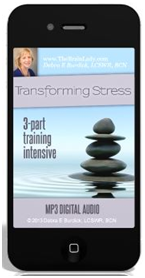 3. Practice stress management skills to lower your stress response. Pace yourself at work. Learn and use the relaxation breath to instantly calm your stress response. Tune into your own needs and make sure you get enough rest. Include regular exercise to lower your stress response. Try Yoga. Practice mindfulness and keep your attention on positive thoughts as opposed to negative, stress-related thoughts. Incorporate meditation to clear your mind and lower your stress and anxiety. Take all the vacation days available to you and do so regularly. Getting away from the stress will help you rejuvenate and also give you a new perspective on things when you return to work. Make a list of things you enjoy that make you feel good and help you lower stress. This might include reading, going for a walk, taking a warm bath, playing a computer game, having dinner with friends, etc. This online training will help you transform your stress. https://thebrainlady.com/transformingstress/
3. Practice stress management skills to lower your stress response. Pace yourself at work. Learn and use the relaxation breath to instantly calm your stress response. Tune into your own needs and make sure you get enough rest. Include regular exercise to lower your stress response. Try Yoga. Practice mindfulness and keep your attention on positive thoughts as opposed to negative, stress-related thoughts. Incorporate meditation to clear your mind and lower your stress and anxiety. Take all the vacation days available to you and do so regularly. Getting away from the stress will help you rejuvenate and also give you a new perspective on things when you return to work. Make a list of things you enjoy that make you feel good and help you lower stress. This might include reading, going for a walk, taking a warm bath, playing a computer game, having dinner with friends, etc. This online training will help you transform your stress. https://thebrainlady.com/transformingstress/
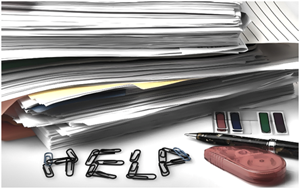 4. Ask for support. Talk to friends, co-workers, family, and others in your profession to explore possible solutions to reducing your stress at work. Find out if your employer provides an Employee Assistance Program (EAP) where mental health professional can help you with stress management and healthy ways to deal with the stress at work.
4. Ask for support. Talk to friends, co-workers, family, and others in your profession to explore possible solutions to reducing your stress at work. Find out if your employer provides an Employee Assistance Program (EAP) where mental health professional can help you with stress management and healthy ways to deal with the stress at work.
5. Identify the things you enjoy about your work. It is easy and very common to focus on all the negative and stressful aspects of work. Take a moment to make a list of the things you like most about your work. Keep a gratitude journal and write down things you are thankful for. Focus on the positive aspects of your work. Whenever possible, do more of the tasks you enjoy and less of those you don’t. If you truly cannot find anything you like about your work it is probably time for a new job.
I would love to hear your personal experiences with this topic.
Categories: Articles, Business/Workplace, Stress, Success
Tags: Reduce Work Stress, stress, stress at work, Stress in business, Stress in workplace



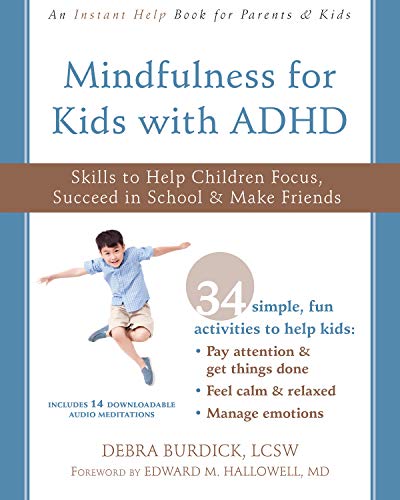

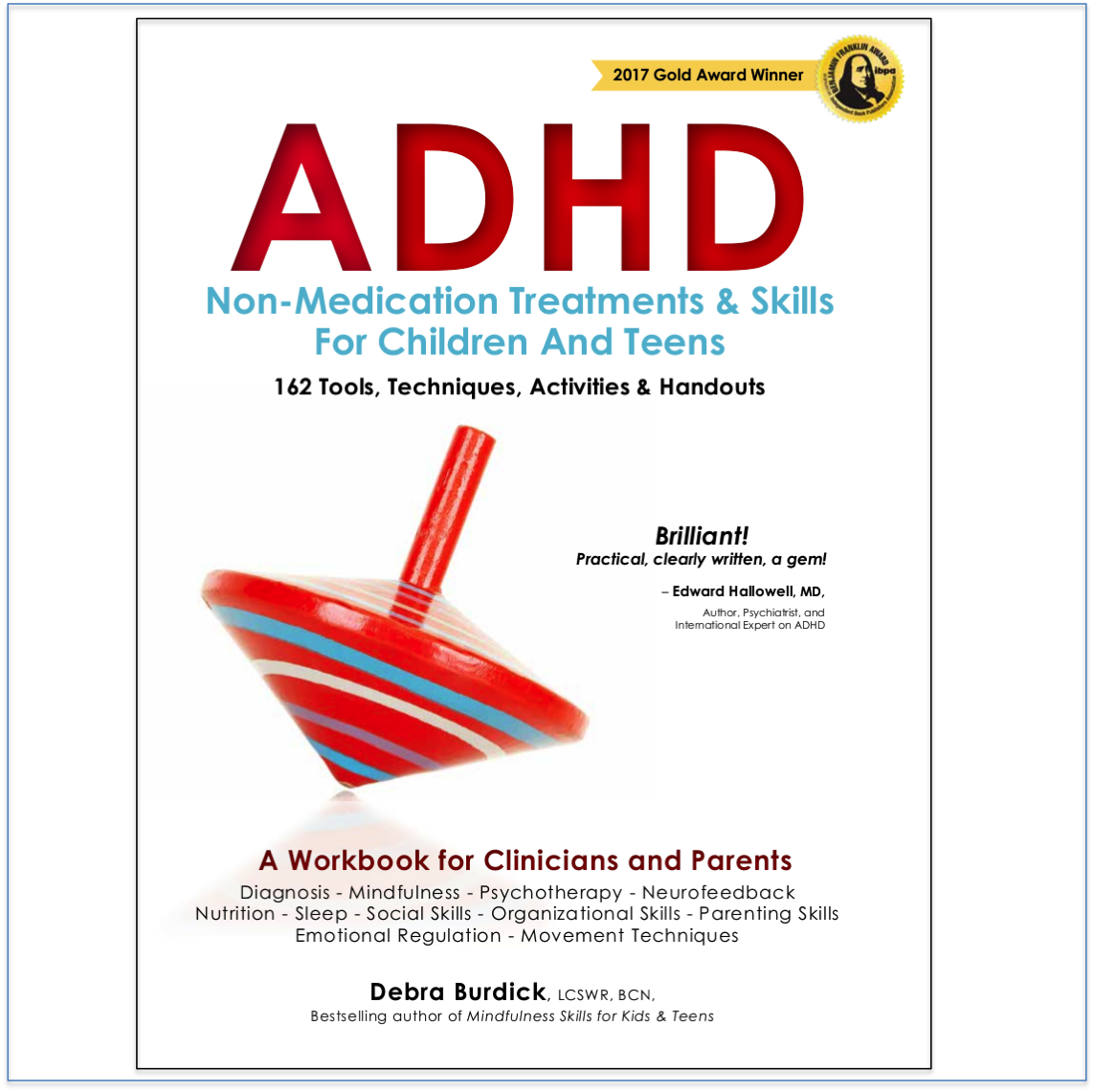
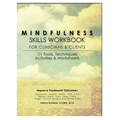
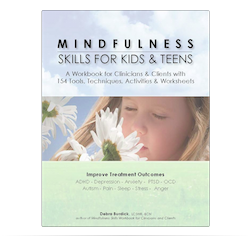
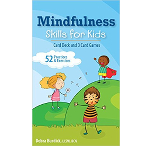
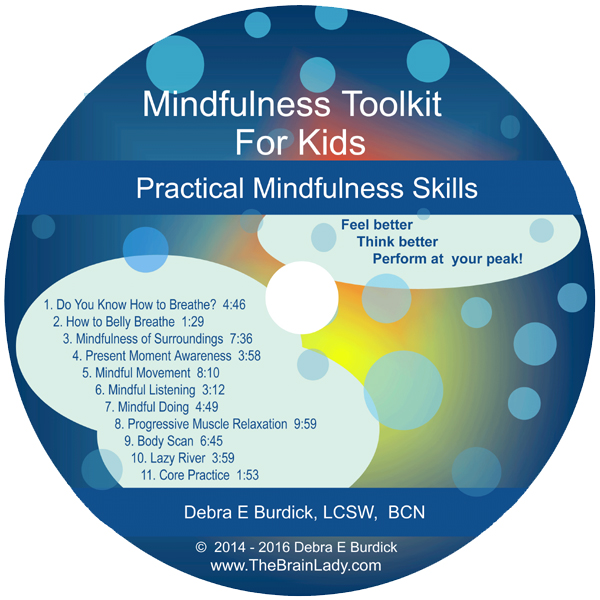
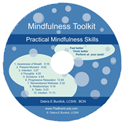
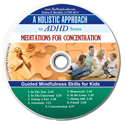

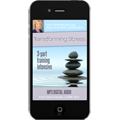
No comments yet. You should be kind and add one!
The comments are closed.